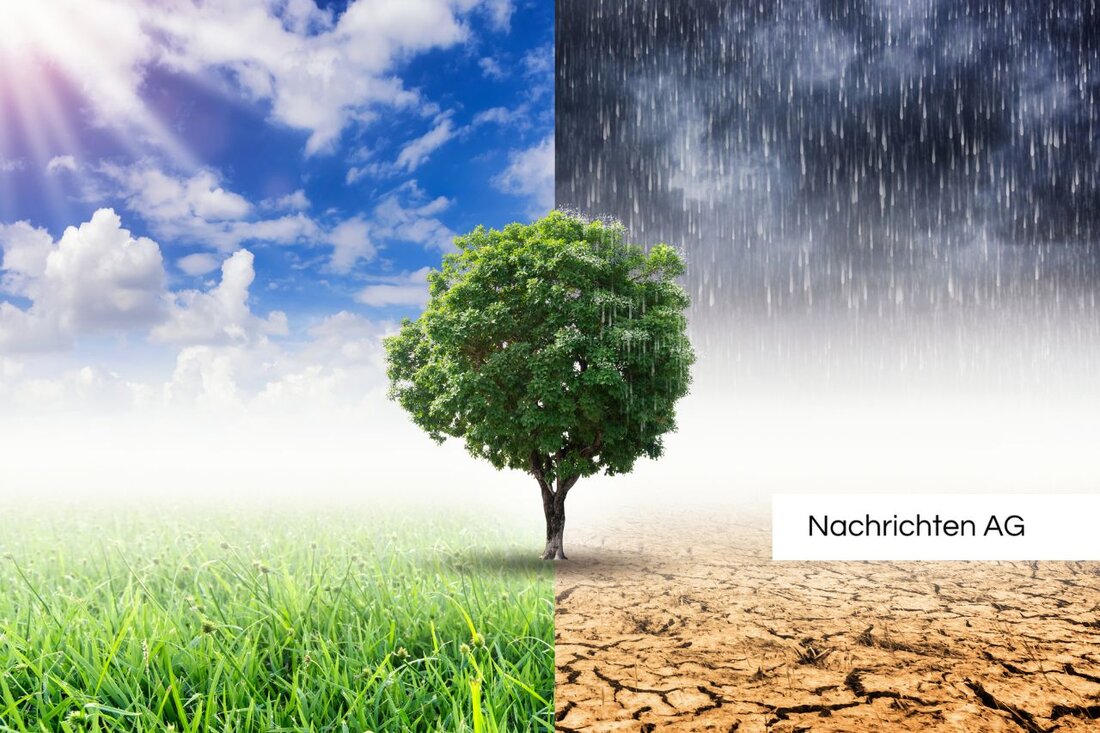Climate change leads to dramatic rock fall: buried sheets under rubble!

Climate change leads to dramatic rock fall: buried sheets under rubble!
On May 29, 2025, the Birch Glacier broke out in Switzerland, which led to a devastating murdering, which buried the village of Blatten. This tragic incident is directly related to climate change, as the permafrost expert Christophe Lambiel from the University of Lausanne emphasizes. A 500 meter high rock wall rises above the glacier, which is located in the permafrost zone. The warming of the climate has caused this permafrost to thaw, which makes the rock unstable and ultimately causes a clash. According to Lambiel, there is no comparable incident in the Alps like that of Blatten, where a total of three million cubic meters of rock fell onto the glacier and the village.
The instability of the region is not only a geological nature, but also the result of the accelerated glacier river. The birch glacier, already fluent quickly, was further accelerated by the added rock masses and finally collapsed. This represents an unprecedented incidence.
consequences of the
The destruction in the village of Blatten is serious: Most houses are buried or flooded under 50 to 200 meters. Meteorologist Jörg Kachelmann blames climate change for the increase in rock falls and warns that alpine villages will be affected more often by such natural disasters in the future. Geologists are a little more cautious in their statements and indicate that rock falls in the high mountains are a natural process, but the deaf rock due to climate change favors the danger of such events.
The mountains Robert Kenner explains that in regions with weakness zones in the mountains, the risk of rock falls increases. This susceptibility is reinforced by the exchanging permafrost, which increases the pressure in the mountain. A study in which the University of Innsbruck and the ETH Zurich were involved emphasizes that the limitation of global warming could lead to 1.5 degrees that 54 percent of non-polar glaciers are preserved, in contrast to heating of 2.7 degrees, the devastating effects on the glaciers and the associated ecosystems.
climate change and the future of the Alps
geologists and researchers like Michael Krautblatter from the Technical University of Munich find that rock falls in regions increase with a tea permafrost. Laboratory tests have shown that rocks can lose up to 40 percent of their pressure and tensile strength when heated. This not only affects nature, but also on the safety of hikers in mountainous regions. While research is still aiming to protect human life, it is clear that the challenges due to climate change in the Alps will increase significantly.
The events in Blatten are a worrying example of the direct consequences of climate change. Schuster from the University of Innsbruck emphasizes that glaciers serve as indicators for climate change, but only react slowly to changes. These developments underline urgency for political measures to limit global warming and to reduce the resulting dangers for humans and nature.
Overall, it can be seen that the current events in connection with the natural disasters in the Alps cannot be viewed in isolation. They are a warning to humanity, to take climate change seriously and to take proactive measures to contain global warming.
| Details | |
|---|---|
| Ort | Blatten, Schweiz |
| Quellen | |
